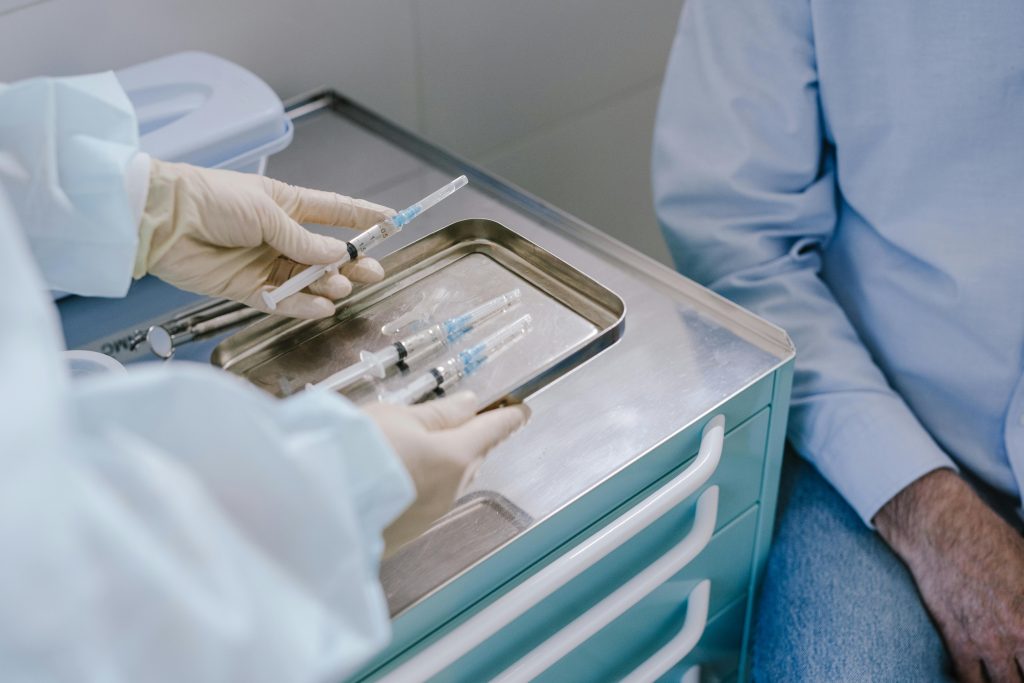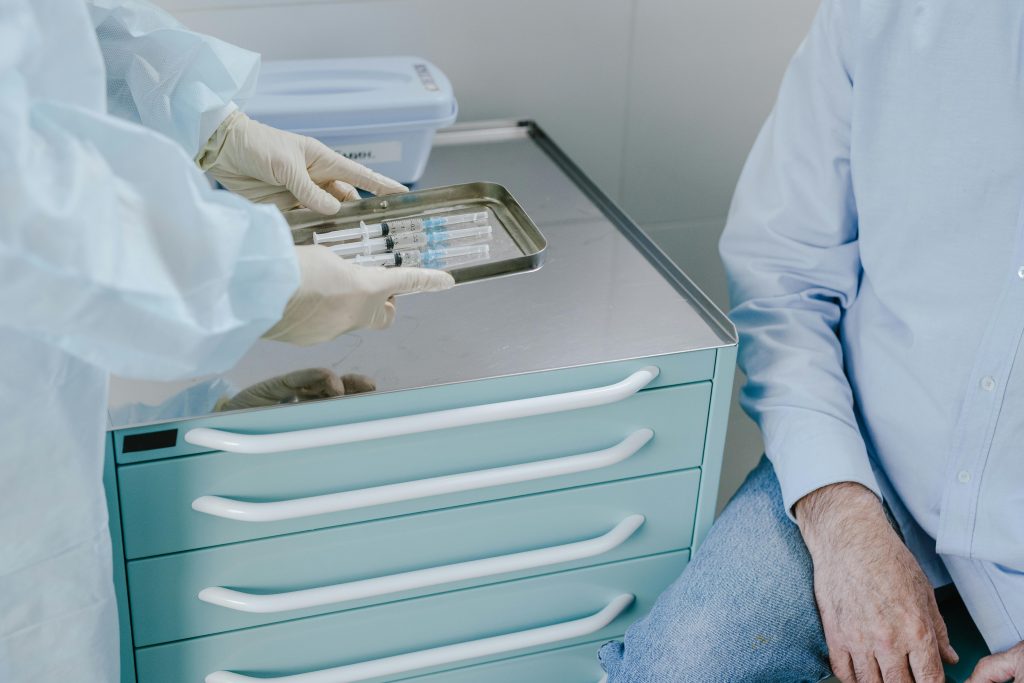Treatments
Periodontics Specialist in Lahore
Periodontics is a specialized branch of dentistry that focuses on the treatment of severe gum disease. We have specialists in periodontology who manage the healthiness of your gums and your teeth. Our periodontal specialists provide quality treatments for tooth loss and every other oral concern to regain the beautiful, shiny smile of your mouth.
SmileOn is the clinic where dental treatments to patients are given right from the smile to the gums. Book your appointment today and achieve a healthy mouth.
What Does a Periodontist Do?
Our periodontist in Lahore treats gum diseases and specializes in surgical treatments necessary to bring back your gums and other supporting structures around your teeth to their normal structure.
Here are the key services provided by a periodontist:
- Gum Disease Treatment
- Dental Implants
- Gum Grafting
- Bone Grafting
- Periodontal Maintenance
- Cosmetic Periodontal Procedures
- Management of Oral Systemic Conditions


Benefits of Periodontal Treatment
Periodontal treatment has various advantages that do not only benefit the gum tissues but also other specific advances in oral health for better significance.
Here are the key benefits of periodontal treatment:
- Prevents Tooth Loss
- Improves Gum Health
- Restores Oral Function
- Prevent the Incidence of Systemic Diseases
- Enhances Aesthetic Appearance
- Enhances Long Term Period Oral Hygiene
- Pain Relief
This means that with periodontal care, you can attain treatment for gum diseases with our gum specialist before progression to the extent that would lead to tooth loss. With this treatment method you are capable of having a long and healthy oral cavity which is painless and beautiful.
Need To Know
Types of treatments periodontists do
Here are four key services provided by a periodontist:
- Gum Disease Treatment
- Dental Implants
- Gum Fixing
- Bone Grafting
Choose SmileOn for dental treatment
Our periodontal disease specialist offers a detailed approach to treating all gums-related diseases. Here’s why SmileOn is the right choice:
- Expertise You Can Trust
- Latest Technology
- Comfort and Care
- Guaranteed Results
Before your appointment
- A comprehensive check and even simple X-ray tests to determine further problems in gums.
- The doctor will give you a treatment plan according to your disease.
After your appointment
- If you have had anaesthesia you will still feel a bit numb for the next couple of hours
- With most treatments avoid eating very hot or very cold foods
- Avoid smoking for at least a week following treatment or surgery
- You may have some swelling or sensitivity for a couple of days
- Be gentle brushing your teeth around the treatment area for the first few days
FAQs
01. What is the cost to go to a periodontist?
The cost is relatively different according to the treatment and disease you have. When visiting the periodontist, on your consultation visit, the professional will check your teeth and your gums, then provide the most suitable treatment for your condition, and give you an estimation of the approximate amount the needed treatment will cost you.
02. What is the difference between orthodontists and periodontists?
An orthodontist corrects the alignment of the teeth and the setting of the jaws with the use of braces or aligners. A periodontist prevents, detects, and treats diseases of the gums and the surrounding bones.
03. Can gum disease be prevented?
Prevention of gum disease is possible through proper oral health care. Poor oral hygiene is the main cause of gum disease. It is recommended to visit the dentist regularly, brush twice a day, floss, and maintain a healthy diet to prevent gum disease.
04. When do you need to see a periodontist?
If you have severe gum disease or need dental implants, it is recommended to see a periodontist. These specialized dentists have received additional training in the treatment, prevention, and diagnosis of gum diseases, and offer expert services in these areas.
05. Is there difference between a dentist and a periodontist?
A periodontist is a specialized dentist who has undergone three extra years of training to treat, diagnose and prevent periodontal disease. On the other hand, general dentists are trained to provide routine dental care such as cleanings, fillings, and extractions. If you require treatment for gum disease or dental implants, it is recommended to see a periodontist.
06. Do periodontists extract teeth?
Yes, he can extract the teeth. A periodontist will extract the tooth in case it can not be saved and is severely infected by gum infection.

